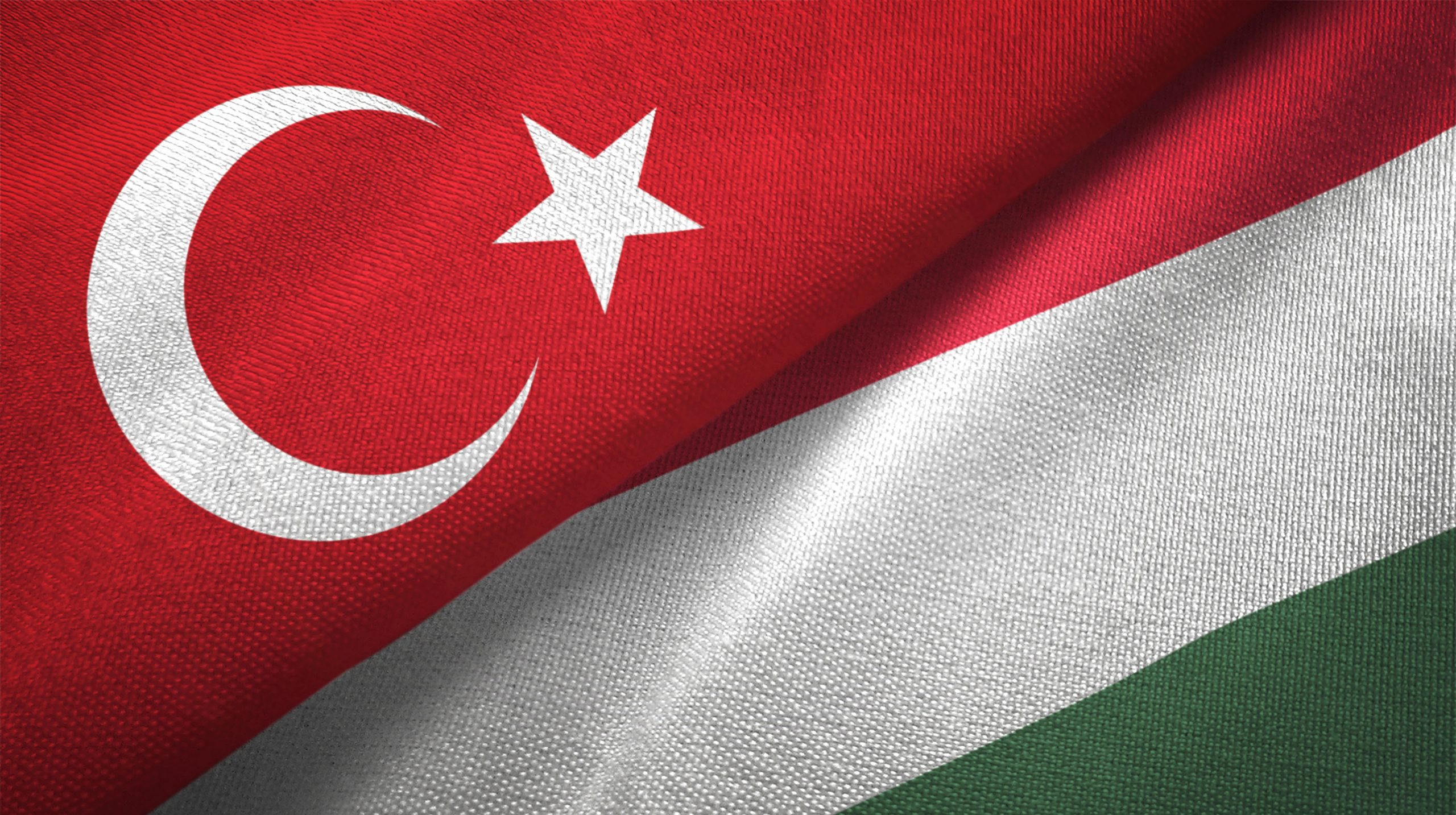
A joint panel of Antalya Diplomacy Forum (ADF) and the Institute for Foreign Affairs and Trade (IFAT) TITLE: Regional Cooperation in Times of Crisis DATE: 31 January 2023 TIME: 12.30 p.m. We would like to ask our Guests to arrive no later than 12.15 p.m. Place: Matild Palace, Budapest (H-1056 Budapest, Váci u. 36.) REGISTRATION IS CLOSED. |
The world is going through difficult and turbulent times, and we are all witnessing this process with concern and sense of uncertainty. It is a cliché to suggest that “the problems and challenges have no boundaries” but today the analysis itself is more relevant than ever. No country single-handedly -even the superpowers- is capable of finding solutions to complex regional and global problems/challenges. There is a growing need for intensive cooperation on issues such as conflict prevention, climate change, refugee problem, counter-terrorism, food security, energy security, epidemics/pandemics, economic crises, and many more. Lack of cooperation mostly leads to waste of resources, and thus to continuation or even deterioration of problems. The war in Ukraine and the shockwaves of the pandemic have demonstrated that no actor in the international system has the luxury to regard itself exempt from any global crisis. On the other hand, it is becoming more and more evident that the mere meeting of government officials without involvement of civil society and academia does not prove to be enough at times of crisis.
This panel is aimed at searching for answers and suggestions for the pressing issues at below:
- What could be the impacts of regional cooperation on global issues?
- What could be the significance of leaders’ initiatives on regional cooperation?
- What could be the factors hampering regional cooperation?
- What could be the lessons of the war in Ukraine with regards to regional cooperation?
- To what extent does NATO’s new strategic concept enable regional cooperation?
- What is the role of EU in regional cooperation in times of crisis?
- What are the contributions of regional organisations on regional cooperation?
- What could be the ways/gains of implementing transactional cooperation/issue-specific cooperation?
- Do crises and challenges eventually pave the way for regional cooperation or do they hamper it?
Moderator: Mr. Márton Schőberl, Director, IFAT
- H.E. Mevlüt Çavuşoğlu, Minister of Foreign Affairs, Türkiye
- H.E. Péter Szijjártó, Minister of Foreign Affairs and Trade, Hungary
Moderator: Ms. Georgina Juhász, Head of Department, The Central Bank of Hungary
- Mr. Anton Bendarjevskiy, Director of Research, Oeconomus Economic Research Foundation
- Dr. Tamás Baranyi, Deputy Director for Strategy, IFAT
- Mr. Murat Lütem, Ambassador, Director General for Foreign Policy, Coordination and Analysis, Ministry of Foreign Affairs, Türkiye
- Associate Professor Şuay Nilhan Açıkalın, Vice Director of Graduate School, Department of International Relations, Ankara Haci Bayram Veli University, Türkiye
Session Structure
The Ministers of Foreign Affairs of Türkiye and Hungary will deliver keynote speeches in company with a moderator, and subsequently two experts from both countries will engage in a panel discussion session.
